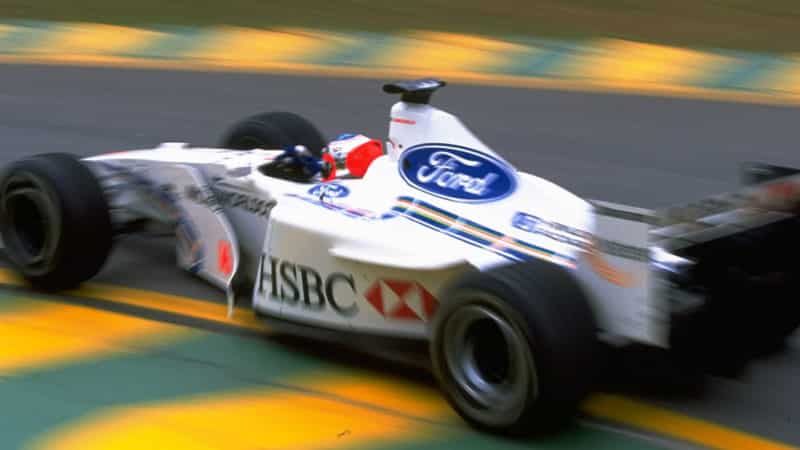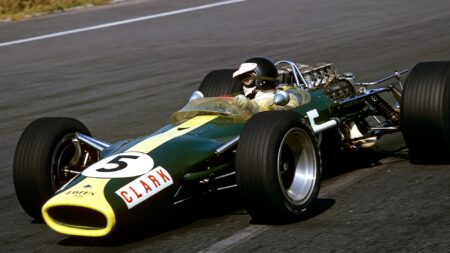Since Andretti first put its bid together the goalposts have been moved, and only partly from the other teams’ resistance. It’s also from the commercial expansion and profits of the sport in the last two years, something which can be gauged by where the anti-dilution fund was set – $200 million – when the current Concorde Agreement was drafted in 2020. This is how much any new team granted entry would currently have to lodge to compensate the others for their 10% reduction in the slice of F1’s pie. But it’s a one-off payment and potentially would still leave those other teams worse off after two or three years, depending of course upon how commercially successful F1 was during that time.
That $200 million was set there because that was approximately the value of an independent F1 team at that time. In that way the fund would be a deterrent to a team gaining an entry and flipping it for a quick profit. Not long after, Williams was sold for a reported $180million, apparently confirming that approximate valuation. But the financial sands were shifting, something Andretti found after almost buying a controlling interest in Sauber in 2021 but then having the terms changed upwards, triggering Andretti into pulling out, saying Sauber’s self-valuation was ridiculously high.
Subsequently of course Audi announced its purchase of Sauber for a reported fee of $600million. If that’s the new value of a team in this F1 boom, suddenly that $200million anti-dilution fund doesn’t adequately fulfil that role any more.
House buyers in the UK will be very familiar with the dilemma of when to buy in an uncertain market. Do you pay slightly over the odds in an overheated market in the expectation that the value is going to rise considerably more than that? If you are reluctant to pay that premium to secure the house as you feel it’s over-valued are you risking on losing out? Or are you going to be glad you didn’t commit a year or so from now as the market readjusts downwards?
The value of investments can go down as well as up.



